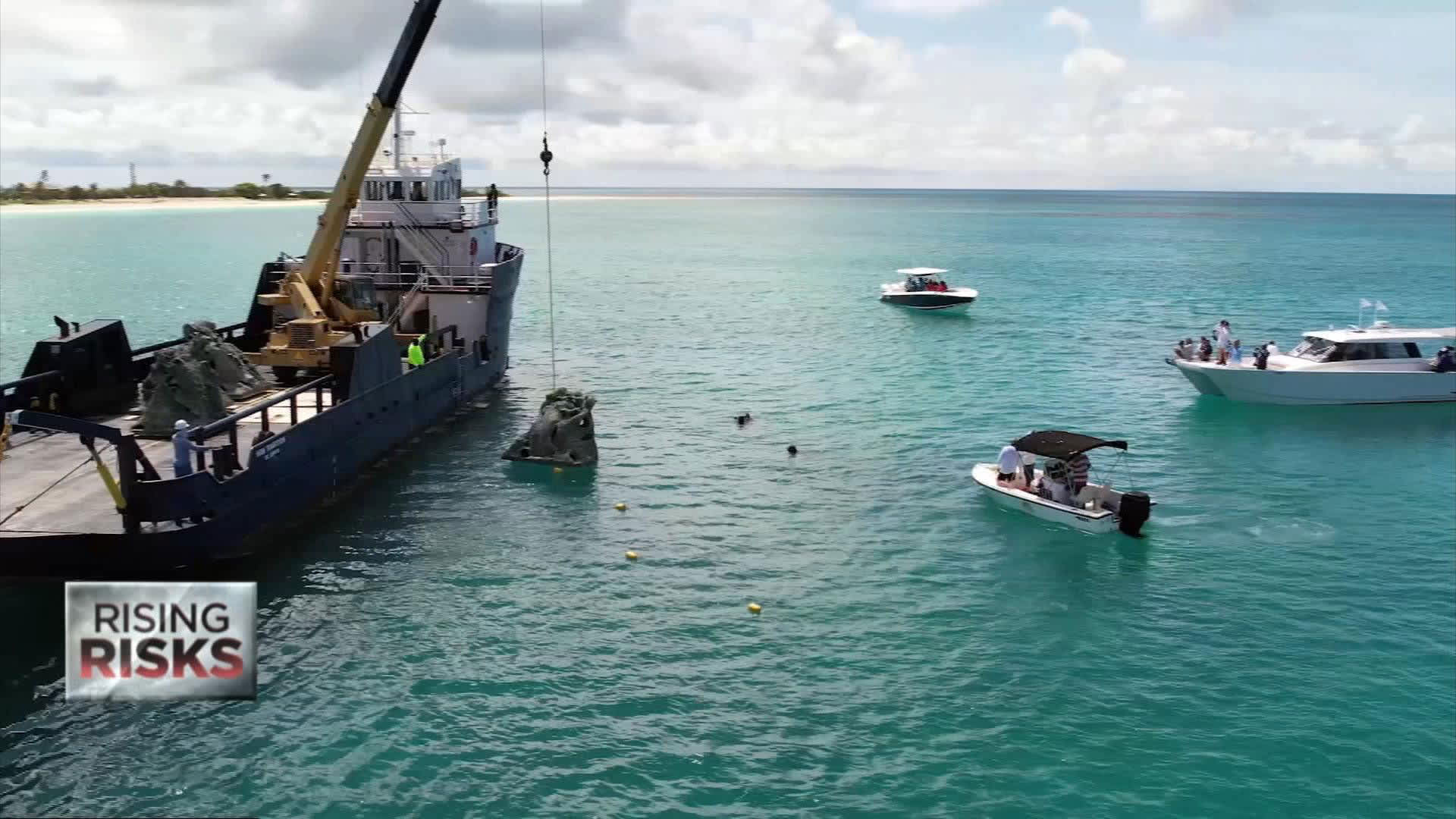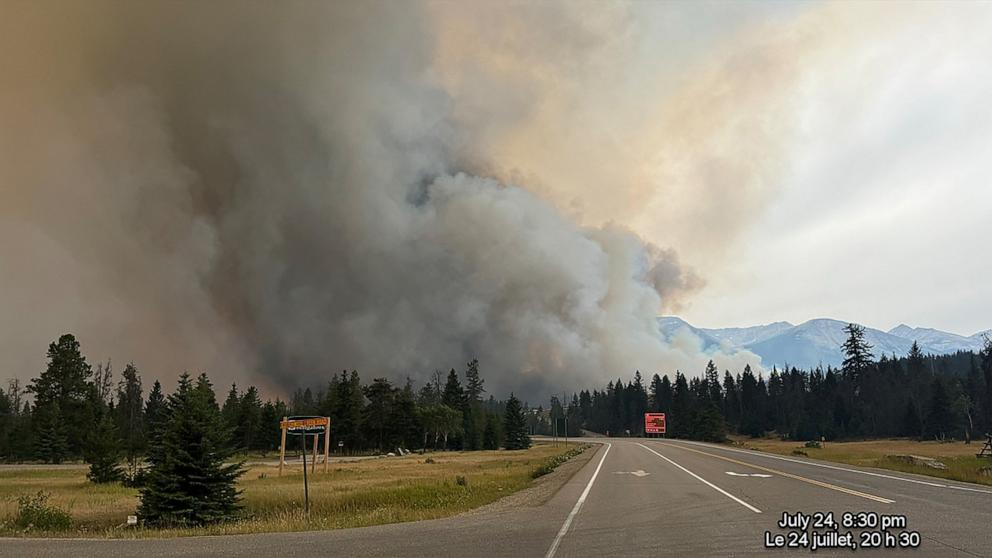
It is gorgeous, beautiful, and vital to the global economy. Coral reefs, often called the “rainforests of the sea,” support nearly 25% of all known marine species. They are vital not only to marine life, but to human life. The planet has lost half of its coral reefs since the 1950s due in large part to climate change.
The total economic value of coral reef services to the United States alone, including fisheries, tourism, and coastal resilience, is more than $3.4 billion annually, according to the National Oceanic and Atmospheric Administration. This includes $1.8 billion annually in flood protection benefits from avoiding damage to property and economic activity. The annual value of US commercial and recreational fisheries that depend on coral reefs is $200 million.
Now, an unlikely pair are teaming up not to save existing coral reefs but to create new, more resilient ones: marine scientist Dr. Deborah Brosnan of Project Ocean Shot, and John Paul DeJoria, co-founder of John Paul Mitchell hair care systems and Patron Spirits. Brosnan has studied coral reefs for more than 25 years, with a particular focus on the Caribbean.
“The coral reefs are in danger,” Brosnan told CNBC. “We’ve already lost more than a third of the reefs.” “And the prediction of losing more is high. So right now, we’re losing more corals in one day than we can recover in a decade.”
Coral reefs are one of the most important ecosystems on the planet, according to Brosnan, who explained that while they occupy a small portion of the sea floor, they support more than half a billion people every day. Living corals will break 95% of the energy of the waves, which means they create a calm lagoon and protect us from storm surges. Coral reefs mitigate sea level rise.
Brosnan’s solution is not to restore damaged corals, but instead to replace them with man-made reefs designed to be more resilient to climate change.
“We’ve come up with the technology to figure out what the shape of the reef should be and how big the reef should be in order to enhance biodiversity and protect the coast,” Brosnan explained.
The reef is made of PH-neutral concrete – calcium carbonate, which mimics the natural composition of the reef. It’s a dead skeleton, but then the team attached corals grown in a nursery – 300 of them from 3 different species. Then the fish moves on.
Last fall, the first was installed off the coast of Antigua and Barbuda. It wasn’t easy nor cheap, but Brosnan found a billionaire backer, DeJoria, to fund the project, which cost about $1 million.
“It’s my way of paying a little rent for being here on planet Earth,” said DeJoria, who has a real estate business in Barbuda.
He explained, “I’m doing a billion-dollar project to build amazing, beautiful homes. It’s unbelievable. It’s a big project.” “People, they’re very wealthy, and they love the fact that everyone gets a good job, makes good money, and that we’re giving the reefs back again.”
While DeJoria touts the jobs it will provide the islands, restoring the reef has a much broader economic impact.
“When you lose coral reefs, you lose extraordinary beauty, so when that’s gone, tourism goes down because it’s not a nice place to go. Added to that are fisheries. Coral is very important to fisheries,” Brosnan said.
Brosnan and DeJoria plan to build a facility in Barbuda to manufacture these corals, which can then be installed anywhere around the world. They have two more ready to go. The technology is there, but being able to scale it up is a bigger financial hurdle.
“The question is, will the world listen?” Brosnan asked. “It’s very possible. It’s possible in the region, it’s doable globally. What we need is investment in technology, investment in deployment, recognition that there’s a return on that investment in terms of health, our safety on the coast, and at least a billion people living on this.” planet.”





More Stories
Jasper Fire: Latest map after wildfires erupt in Jasper National Park, Alberta
SNCF: French high-speed trains disrupted by ‘coordinated sabotage’ ahead of Paris Olympics opening ceremony
Macron Responds to Left-Wing Efforts to Rule France – Politico